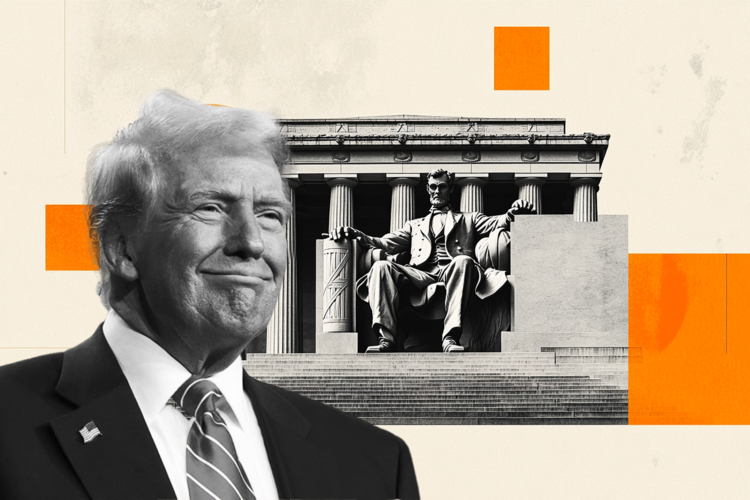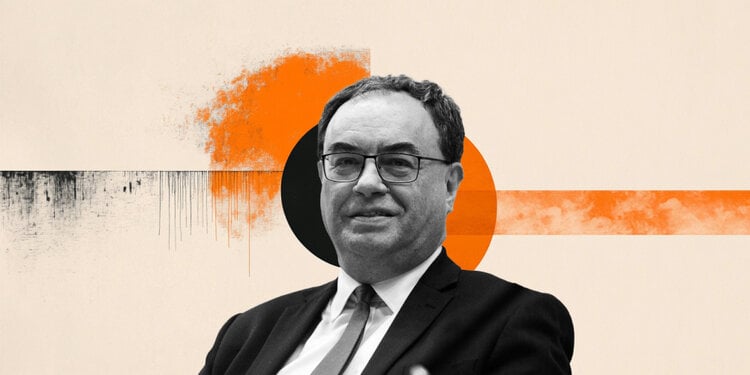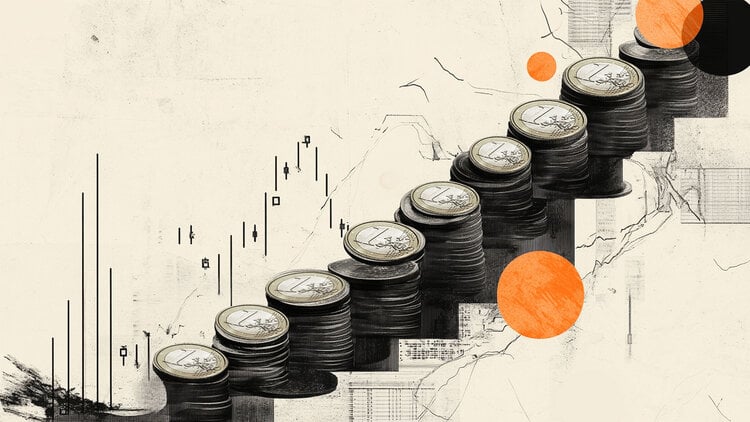With the decision of the Monetary Policy Committee (Copom) of the Central Bank (BC) to maintain the basic interest rate, the Selic, at 13.75% per year, Brazil becomes the first country among developed economies to interrupt the cycle, which began in March 2021, when the economy’s basic interest rate was 2%.
Tatiana Nogueira, economist at XP, says that the decision places Brazil as the first to interrupt the boom cycle among developed economies.
“Looking between developed economies and neighboring Latin American countries, Brazil is the first to interrupt the cycle of high interest rates. Remembering that he too [o BC] was the first to start, when it went up in March 2021. Banks in developed economies and their peers here in Latin America were not raising interest rates”.
However, the economist points out that the committee’s statement does not rule out the possibility of new highs. In Nogueira’s assessment, this “pause” is for the institution to “assess and feel the lagged effects of monetary policy acting on the economy and prices”.
Although among the experts heard by the CNN Brasil Business , the maintenance of the rate came in line with the market consensus, they draw attention to the lack of unanimity. Two Copom members voted in favor of an additional hike of 0.25 pp This was the first non-unanimous decision since March 2016.
In the opinion of the chief economist of MB Associados and CNN Specialist in Economics, Sergio Vale, the issue of unanimity “is not common”, but even so, it was expected.
“In a way, it was a little expected, because the BC, from the last decision to this point, left it very open whether or not it would raise the rate. The bank must remain with this high interest rate for a long time. It should wait for the first half of next year, to have a clearer fiscal consolidation and then think about lowering the Selic”, he said.
Gabriel de Barros, chief economist at Ryo Asset, says the divergence corresponds with the committee’s note, which has a harsher tone.
“The BC added to the balance of risks the overhearing of the economy, that is, the debate on whether GDP is running above potential, which is inflationary and challenges the BC’s strategy of converging inflation to the target”.
Economists understand that the fiscal risk was what motivated a more austere statement by the institution. According to Sergio Vale, the situation of Brazilian fiscal policy at the end of 2022 and beginning of 2023 should determine whether new increases will be announced.
“If it arrives at the end of this year or at the beginning of next year and the fiscal issue is not well addressed, we will have a sign of maladjustment, with a prognosis of [cenário] very complicated tax. The BC will not shy away from eventually raising the interest rate again”, says Vale.
Gabriel de Barros recalls that the risk is corroborated by the continuity of aid, with a great impact on the federal budget. “We know that there is a high bill to be faced in 2023, something over R$ 200 billion, for the extension of many temporary benefits that will become permanent, such as Auxílio Brasil, Truck Drivers, Taxi Drivers, Vale Gás, tax reduction, court documents and rapporteur amendments”, he states.
For Tatiana Nogueira, with the signs of this meeting, the Selic should start to cool down only in June 2023. For this year, the economist says that the Selic should remain at 13.75%, while for 2023, the expectation is that it close at 10%.
In addition, forecasts for the IPCA (Extended Consumer Price Index) for 2022 and 2023 fell in the baseline scenario (according to Selic and market forecast inflation expectations). On the other hand, they rose marginally for 2024, from 2.7% to 2.8% (still below the 3.0% target).
Source: CNN Brasil
Joe Jameson, a technology journalist with over 2 years of experience, writes for top online news websites. Specializing in the field of technology, Joe provides insights into the latest advancements in the industry. Currently, he contributes to covering the world stock market.







